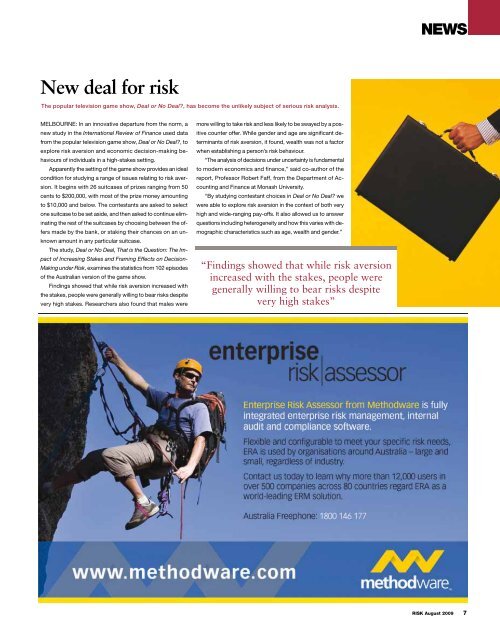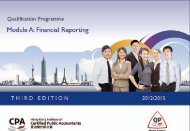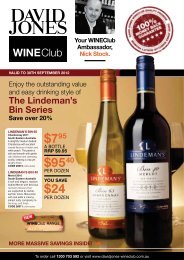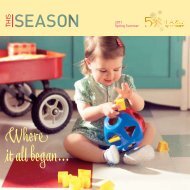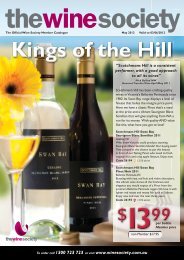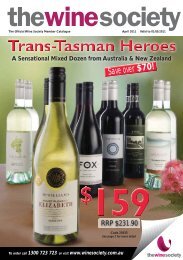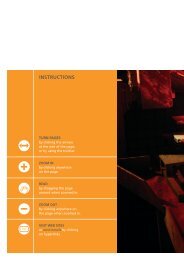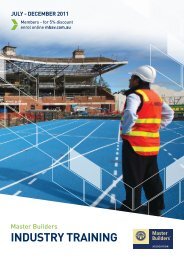MAGAZINE - Realview
MAGAZINE - Realview
MAGAZINE - Realview
You also want an ePaper? Increase the reach of your titles
YUMPU automatically turns print PDFs into web optimized ePapers that Google loves.
NEWS<br />
New deal for risk<br />
The popular television game show, Deal or No Deal?, has become the unlikely subject of serious risk analysis.<br />
MELBOURNE: In an innovative departure from the norm, a<br />
new study in the International Review of Finance used data<br />
from the popular television game show, Deal or No Deal?, to<br />
explore risk aversion and economic decision-making behaviours<br />
of individuals in a high-stakes setting.<br />
Apparently the setting of the game show provides an ideal<br />
condition for studying a range of issues relating to risk aversion.<br />
It begins with 26 suitcases of prizes ranging from 50<br />
cents to $200,000, with most of the prize money amounting<br />
to $10,000 and below. The contestants are asked to select<br />
one suitcase to be set aside, and then asked to continue eliminating<br />
the rest of the suitcases by choosing between the offers<br />
made by the bank, or staking their chances on an unknown<br />
amount in any particular suitcase.<br />
The study, Deal or No Deal, That is the Question: The Impact<br />
of Increasing Stakes and Framing Effects on Decision-<br />
Making under Risk, examines the statistics from 102 episodes<br />
of the Australian version of the game show.<br />
Findings showed that while risk aversion increased with<br />
the stakes, people were generally willing to bear risks despite<br />
very high stakes. Researchers also found that males were<br />
more willing to take risk and less likely to be swayed by a positive<br />
counter offer. While gender and age are significant determinants<br />
of risk aversion, it found, wealth was not a factor<br />
when establishing a person’s risk behaviour.<br />
“The analysis of decisions under uncertainty is fundamental<br />
to modern economics and finance,” said co-author of the<br />
report, Professor Robert Faff, from the Department of Accounting<br />
and Finance at Monash University.<br />
“By studying contestant choices in Deal or No Deal? we<br />
were able to explore risk aversion in the context of both very<br />
high and wide-ranging pay-offs. It also allowed us to answer<br />
questions including heterogeneity and how this varies with demographic<br />
characteristics such as age, wealth and gender.”<br />
“Findings showed that while risk aversion<br />
increased with the stakes, people were<br />
generally willing to bear risks despite<br />
very high stakes”<br />
RISK August 2009 7


